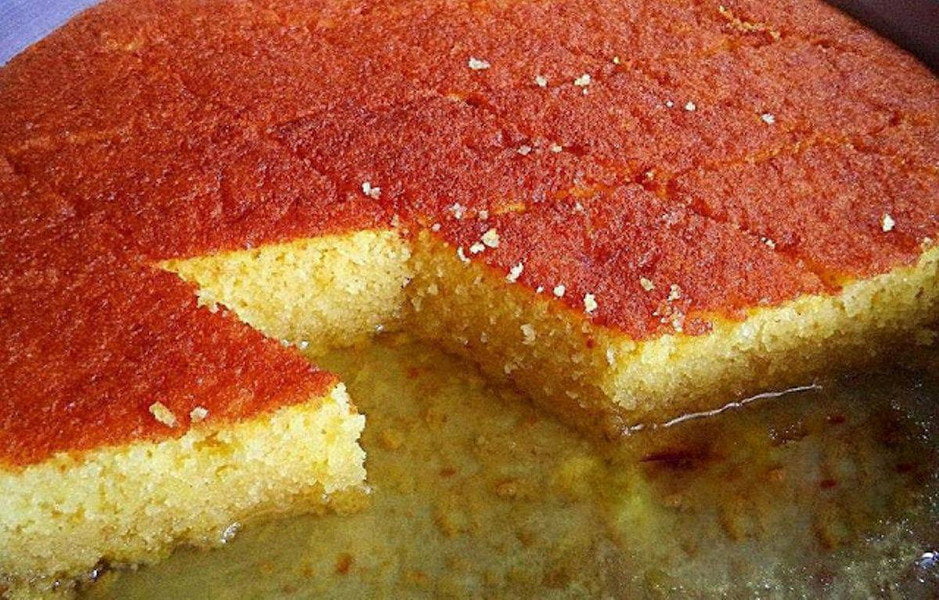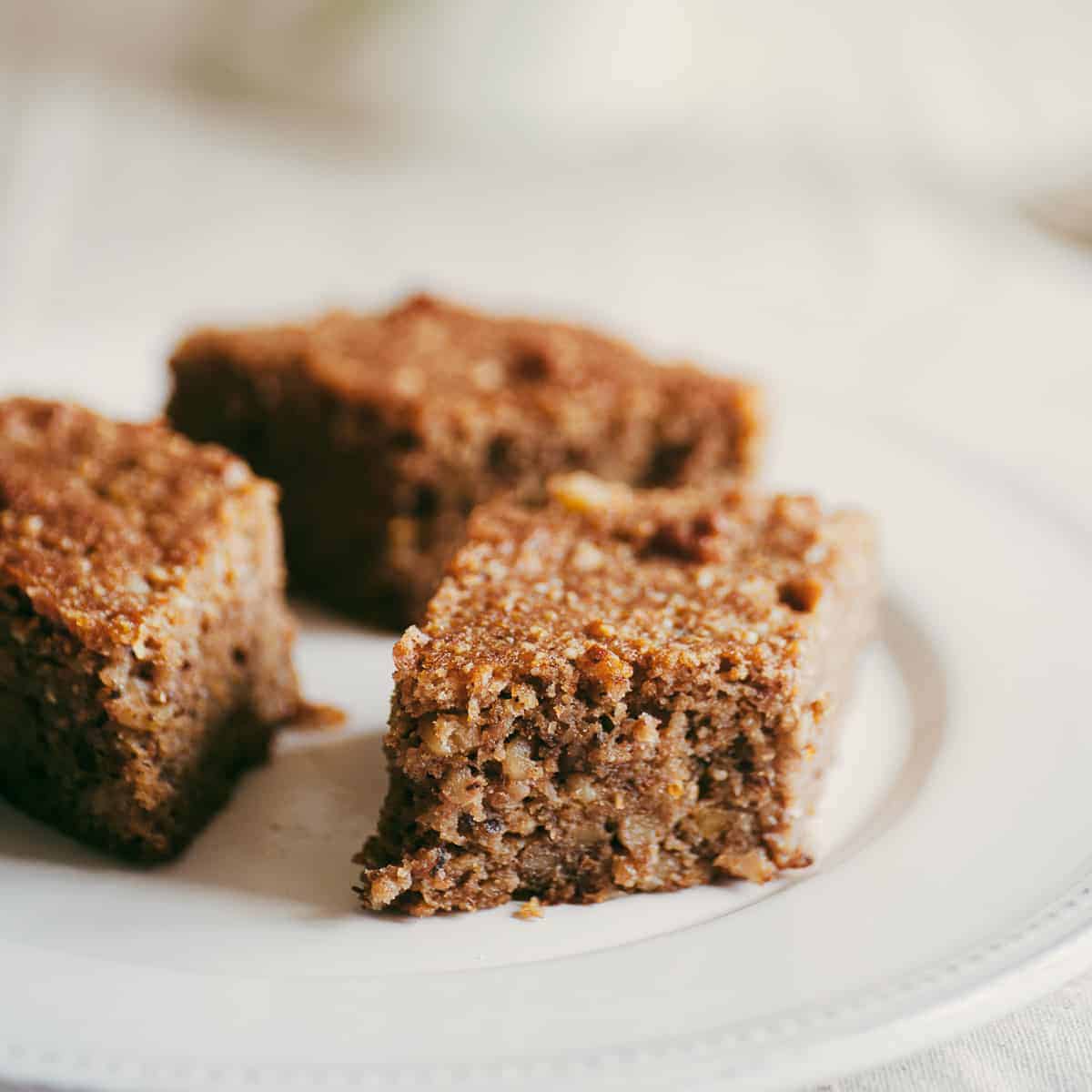In Greece, birthdays are special occasions celebrated with friends, family, and food. One of the highlights of any Greek birthday celebration is the cake. Greek birthday cakes are rich in tradition, flavor, and cultural significance. From the classic Vasilopita to modern interpretations, these cakes offer a delightful blend of history and taste.

The Tradition of Vasilopita
One of the most iconic Greek cakes is the Vasilopita, traditionally associated with New Year’s Day rather than birthdays. However, its cultural significance and delicious flavor have made it a popular choice for birthday celebrations as well. Vasilopita is a sweet, round cake flavored with oranges and often topped with a light dusting of powdered sugar. A coin is baked into the cake and the person who finds it is said to have good luck for the coming year.

Amygdalopita: A Nutty Delight
Amygdalopita, or almond cake, is another favorite for Greek birthdays. This moist, dense cake is made with ground almonds, giving it a rich, nutty flavor. Often drizzled with a light syrup made from honey and lemon, Amygdalopita offers a perfect balance of sweetness and zest. It’s a gluten-free option that caters to various dietary needs while still providing a traditional Greek taste.

Ravani: A Syrupy Indulgence
Ravani, sometimes spelled “revani,” is a semolina cake soaked in sweet syrup. This cake is incredibly moist and has a distinctive texture thanks to the semolina. The syrup is usually flavored with orange or lemon, adding a citrusy brightness that complements the cake’s sweetness. Topped with a sprinkle of shredded coconut or a dollop of Greek yogurt, Ravani is a celebratory cake that’s hard to resist.

Karydopita: Walnut Cake
For those who love the flavor of nuts, Karydopita is a must-try. This walnut cake is spiced with cinnamon and cloves, giving it a warm, aromatic profile. Like many Greek desserts, it’s soaked in syrup, often made with honey, sugar, and a touch of brandy or cognac. Karydopita is usually served with a scoop of vanilla ice cream or whipped cream, making it a luxurious choice for birthday celebrations.

Modern Twists on Traditional Cakes
While traditional cakes hold a special place in Greek culture, modern Greek birthday cakes are also gaining popularity. These cakes often incorporate contemporary flavors and decorations while paying homage to Greek culinary heritage. For example, a classic chocolate cake might be enhanced with a layer of Greek yogurt frosting or a simple vanilla cake might be adorned with fresh fruits like figs and pomegranates.

The Role of Ingredients
Greek cakes are known for their use of high-quality, natural ingredients. Olive oil is often used instead of butter, giving cakes a unique texture and flavor. Citrus fruits, like oranges and lemons, are common, providing a fresh, zesty note. Nuts such as almonds, walnuts, and pistachios add a delightful crunch and richness. Honey, a staple in Greek cuisine, is frequently used to sweeten cakes, offering a natural, floral sweetness that sugar alone can’t provide.

Conclusion
Greek birthday cakes are more than just desserts; they are a celebration of tradition, flavor, and the rich culinary heritage of Greece. Whether you’re enjoying a slice of Vasilopita, savoring the nutty richness of Amygdalopita, indulging in the syrupy goodness of Ravani, or delighting in the spiced warmth of Karydopita, each cake tells a story and adds a touch of sweetness to the celebration. So, the next time you’re planning a birthday celebration, consider adding a Greek cake to the menu; it’s a delicious way to honor both the occasion and the rich cultural traditions of Greece.